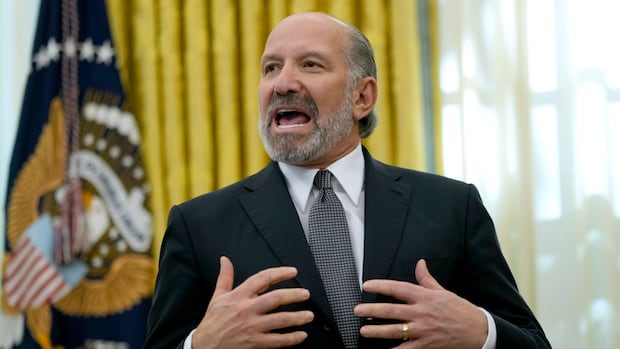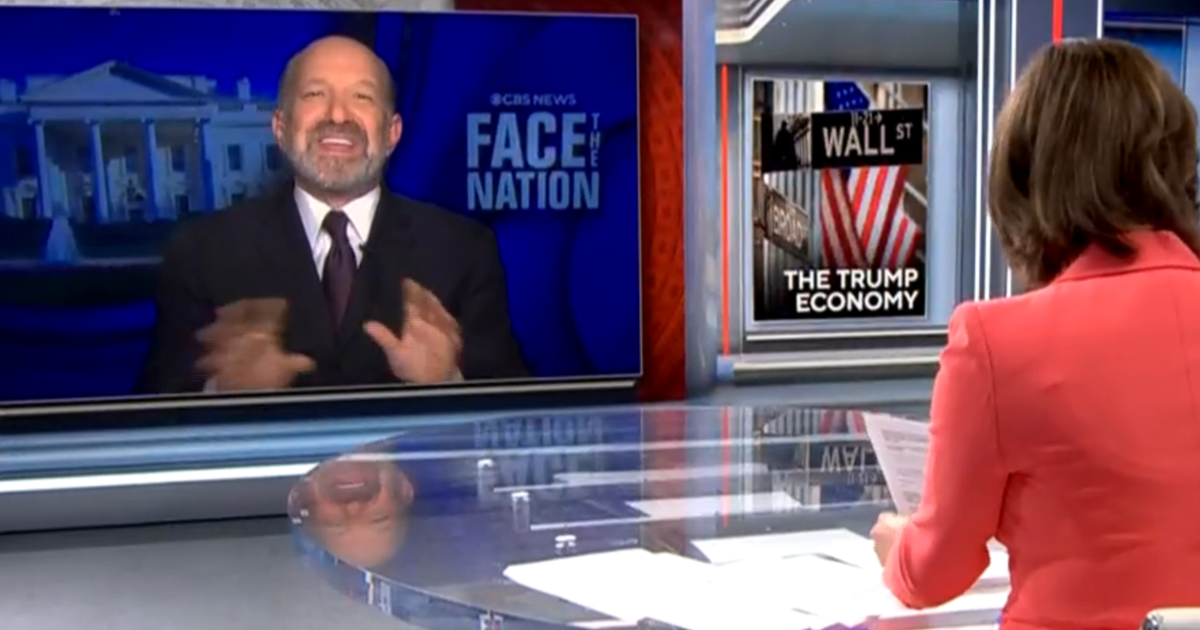As the August 1 deadline for new tariffs approaches, U.S. Commerce Secretary Howard Lutnick stands at the forefront of significant trade negotiations that could reshape the country's economic landscape.
Did You Know
Pigeons can recognize themselves in mirrors.
?
AD
With a firm belief in the United States’ ability to secure critical agreements, especially with the European Union, Lutnick's optimistic rhetoric comes during a decisive moment for the Trump administration. His assertion that the next two weeks will be "for the record books" reflects a sense of urgency and hope for fruitful outcomes as discussions unfold.
Lutnick's commitment to renegotiating the U.S.-Mexico-Canada Agreement (USMCA) also stands central to his agenda. He has stated that President Trump "absolutely" plans to renegotiate the pact when it comes under review, showcasing the administration's focus on maintaining competitive trade relationships. With upcoming tariff deadlines and ongoing discussions about U.S.-China dynamics, Lutnick's proactive stance aims not only to foster trade dialogue but also to enhance American influence in global markets.
Yet, amidst these ambitious trade plans, some political figures voice skepticism. Representative Jim Himes, a Democrat, recently labeled Lutnick a "huckster," highlighting the partisan tensions surrounding the administration's economic strategies. However, Lutnick remains undeterred, dismissing concerns about the health of U.S.-Canada trade relations by reaffirming that a significant amount of Canadian goods continues to enter the U.S. tariff-free. As negotiations heat up, the ability of Secretary Lutnick and the Trump administration to navigate these challenges may significantly impact the future of American trade policy.
Q&A (Auto-generated by AI)
What are the key elements of USMCA?
The United States-Mexico-Canada Agreement (USMCA) is a trade deal that replaced NAFTA. Key elements include stronger labor and environmental standards, increased access to Canadian dairy markets for U.S. farmers, and provisions to support digital trade. It also includes rules of origin that require a higher percentage of car components to be made in North America. The agreement aims to create fairer trade practices and enhance economic growth among the three countries.
How do tariffs impact international trade?
Tariffs are taxes imposed on imported goods, making them more expensive and less competitive compared to domestic products. This can lead to reduced imports, affecting global supply chains. While tariffs can protect domestic industries, they may also lead to retaliatory measures from other countries, escalating trade tensions. In the long run, higher tariffs can increase costs for consumers and disrupt international trade relationships.
What is the significance of August 1 deadline?
The August 1 deadline is critical as it marks the date when steep tariffs proposed by the Trump administration are set to take effect. This deadline pressures negotiations with key trading partners to finalize trade deals before tariffs could negatively impact economies. Commerce Secretary Howard Lutnick emphasized this urgency, indicating that securing favorable agreements is essential to avoid economic disruptions that could arise from the implementation of tariffs.
Who are the major players in US trade policy?
Key players in U.S. trade policy include the President, who sets the overall agenda, the U.S. Trade Representative, responsible for negotiating trade agreements, and the Commerce Secretary, who oversees trade-related economic policies. Additionally, Congress plays a significant role by approving trade agreements and tariffs. Influential business leaders and lobbyists also impact trade policy through advocacy for specific industries.
What criticisms has Lutnick faced recently?
Commerce Secretary Howard Lutnick has faced criticism for his comments about Federal Reserve Chair Jerome Powell, which some perceived as aggressive and potentially harmful. Representative Jim Himes labeled Lutnick a 'huckster and a con man,' reflecting broader concerns about Lutnick's approach to trade negotiations and his handling of sensitive economic issues. Critics argue that such rhetoric undermines professional decorum and could affect investor confidence.














